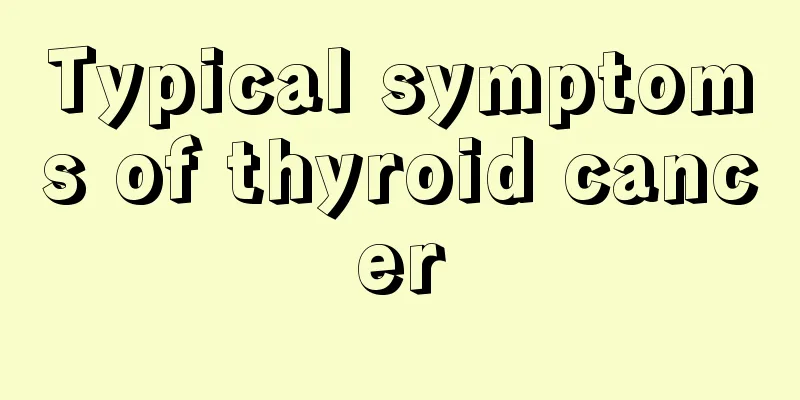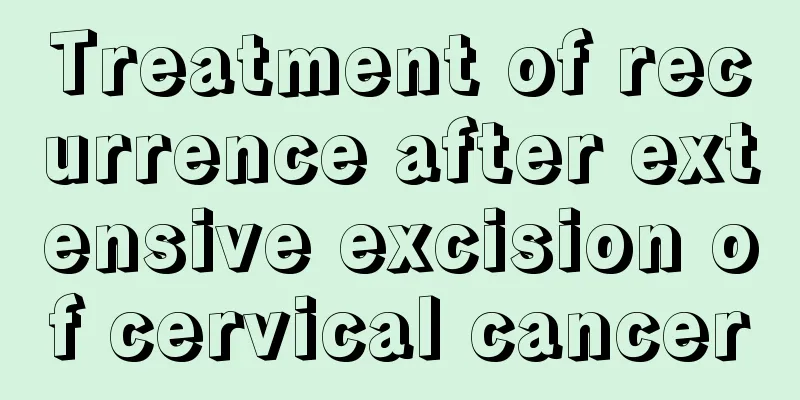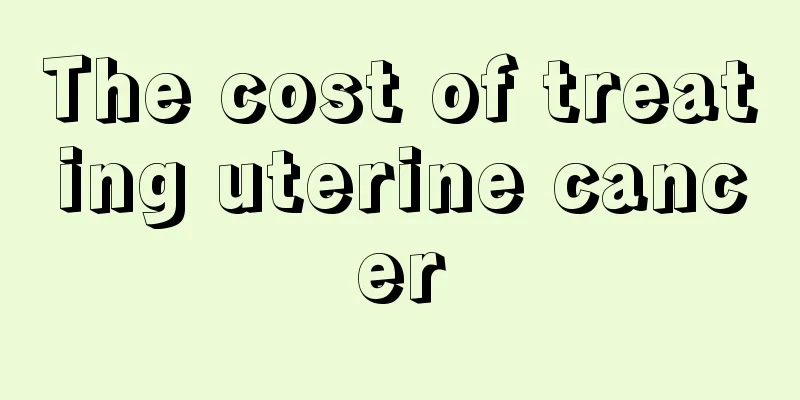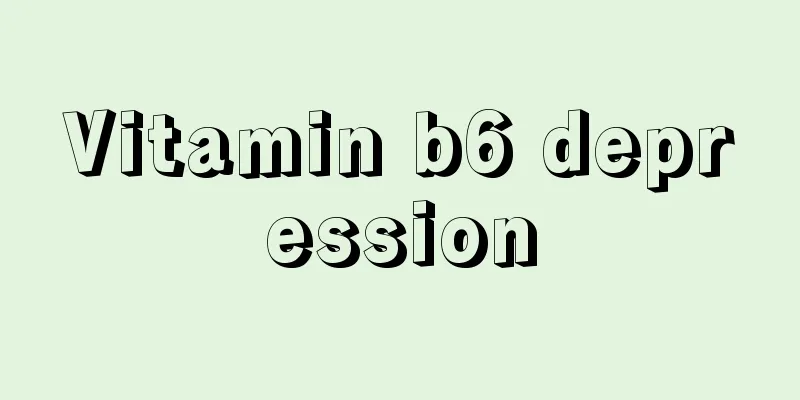Can rectal polyps cause belly button pain?
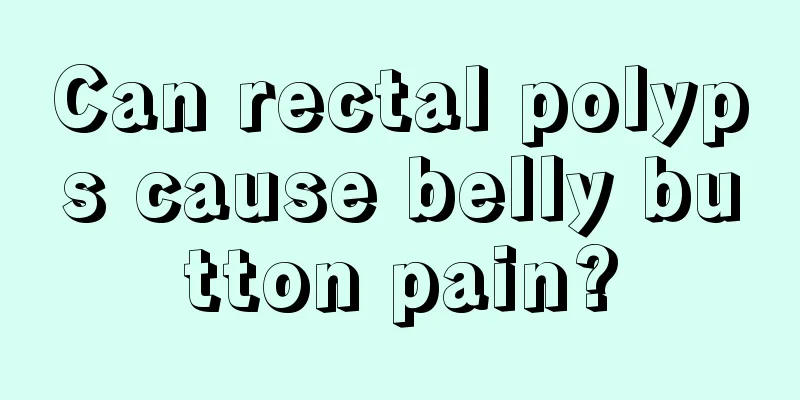
|
Rectal polyps usually do not directly cause belly button pain, but if polyps cause intestinal dysfunction, such as obstruction or infection, it may indirectly cause abdominal pain, including discomfort around the belly button. If intestinal symptoms are accompanied by belly button pain, it is recommended to seek medical attention immediately. 1. Characteristics and symptoms of rectal polyps Rectal polyps are abnormal protrusions of tissue growth on the inner wall of the rectum, which can be benign or malignant. Most rectal polyps do not cause obvious pain, but larger polyps may cause symptoms such as difficulty in defecation, bleeding, and intestinal discomfort. When polyps cause rectal dysfunction or cause inflammation of the intestinal mucosa, they may cause reflex abdominal pain, including discomfort in the navel area. If you experience symptoms such as bleeding during defecation, abdominal distension, and abdominal pain, you should see a doctor as soon as possible for relevant examinations. 2. Common causes of belly button pain The cause of belly button pain usually involves problems with the organs in the abdominal cavity. In addition to intestinal diseases such as inflammatory bowel disease, intestinal obstruction or inflammation, gastrointestinal spasms, indigestion, appendicitis, pelvic diseases, etc. may also cause pain in the belly button area. The pain caused by rectal polyps is generally less likely to reach the belly button unless there are other intestinal problems such as severe constipation or intestinal torsion. If the belly button pain is intermittent and mild, it may be caused by spasm, but if it persists and worsens, it should be diagnosed as soon as possible. 3. Examination and treatment recommendations If you suspect that polyps are causing navel pain, a colonoscopy can be performed to confirm the diagnosis. Colonoscopy can visually observe the size and location of polyps and whether they are accompanied by inflammation or lesions. In terms of treatment, smaller polyps can be treated with endoscopic polypectomy, while larger polyps may require surgical removal. For conditions with accompanying inflammation, anti-inflammatory drugs can be combined with treatment, while adjusting the diet structure to avoid high-fat and high-sugar diets. It is recommended to consume more fiber-rich foods, such as whole grains and green leafy vegetables. Maintaining regular bowel habits can help reduce rectal pressure and prevent related abdominal pain symptoms from worsening. If you experience sudden navel pain, bloody stools, anemia, weight loss, etc., you should pay close attention to the possibility of malignancy of polyps and seek medical screening in time to rule out the risk of more serious diseases. To prevent complications caused by rectal polyps, regular colonoscopy is recommended, especially for people with a history of polyps or family risk of colorectal cancer. |
<<: Is the chance of ovarian cancer high at the age of 35?
>>: Chest pain, early symptoms of breast cancer
Recommend
Redness under lips
There should be very few people who have experien...
Is it normal for the fetal heart rate to be between 170 and 180?
A fetal heart rate of 170 to 180 is abnormal. Nor...
What are the dangers of spleen enlargement
In life, the organs that people are most familiar...
Can the yam, coix seed and Euryale ferox porridge be left overnight?
Yam, coix seed and Euryale ferox porridge is a ve...
What causes excessive tongue coating and what are the symptoms?
Normally the tongue coating is thin. If there is ...
What are the ways to prevent lung cancer? 5 tips to effectively prevent lung cancer
Smoking is harmful to health. You should stay awa...
What are the risk factors for prostate cancer? A brief analysis of the three high-risk factors for prostate cancer
As the incidence of prostate cancer is on the ris...
What to do with lumbar instability and what are the treatments
The lumbar spine is the most important skeletal p...
What can remove formaldehyde?
I believe most people are familiar with formaldeh...
Benefits of Meridian Hammer Tap
When you are sitting or standing with nothing to ...
Is the cure rate of ovarian cancer high?
Ovarian cancer is one of the most common gynecolo...
What should an adult do if he has a high fever and his whole body is burning?
Fever is very common in life, and adults can also...
Age of onset of diffuse gastric cancer
Gastric cancer is a very serious disease. In dail...
How to repair scratches on sunglasses
How to repair scratches on sunglasses? It's a...
Can Houttuynia cordata help lose weight
The so-called Houttuynia cordata weight loss is s...


